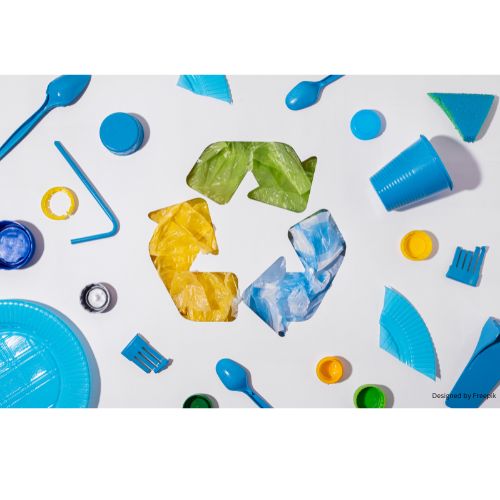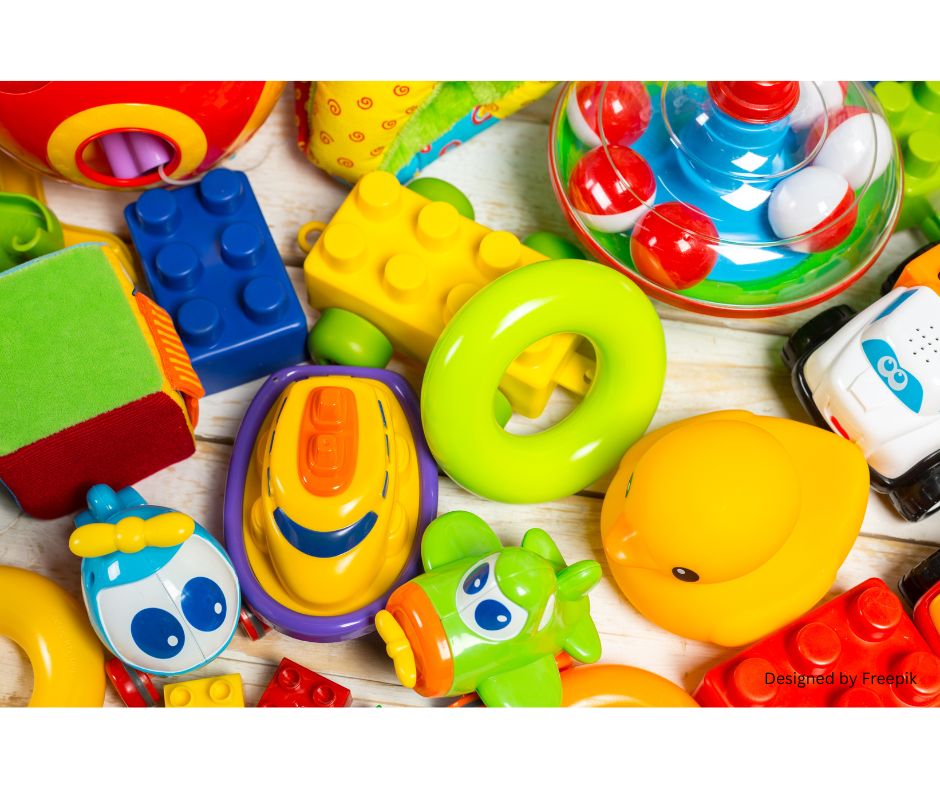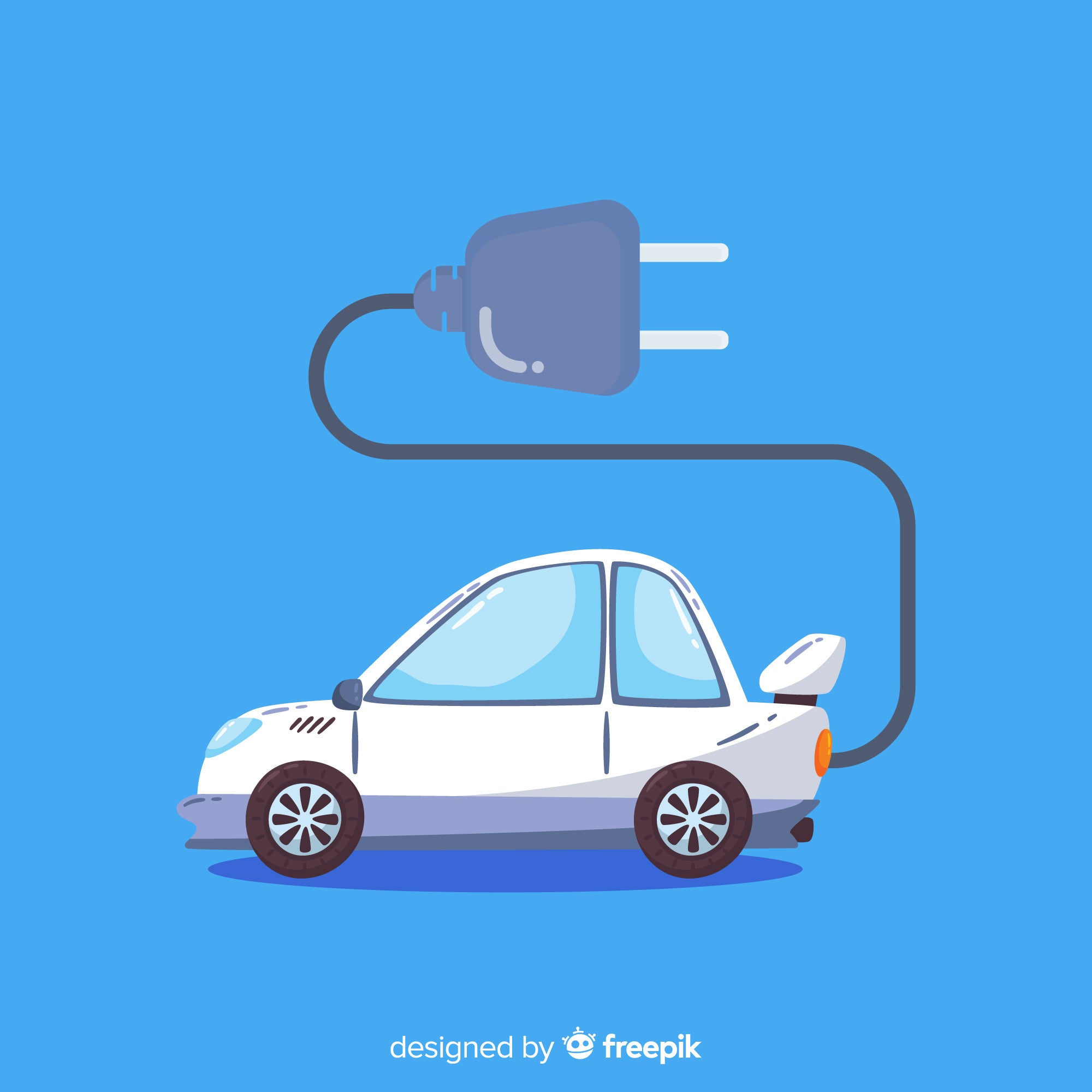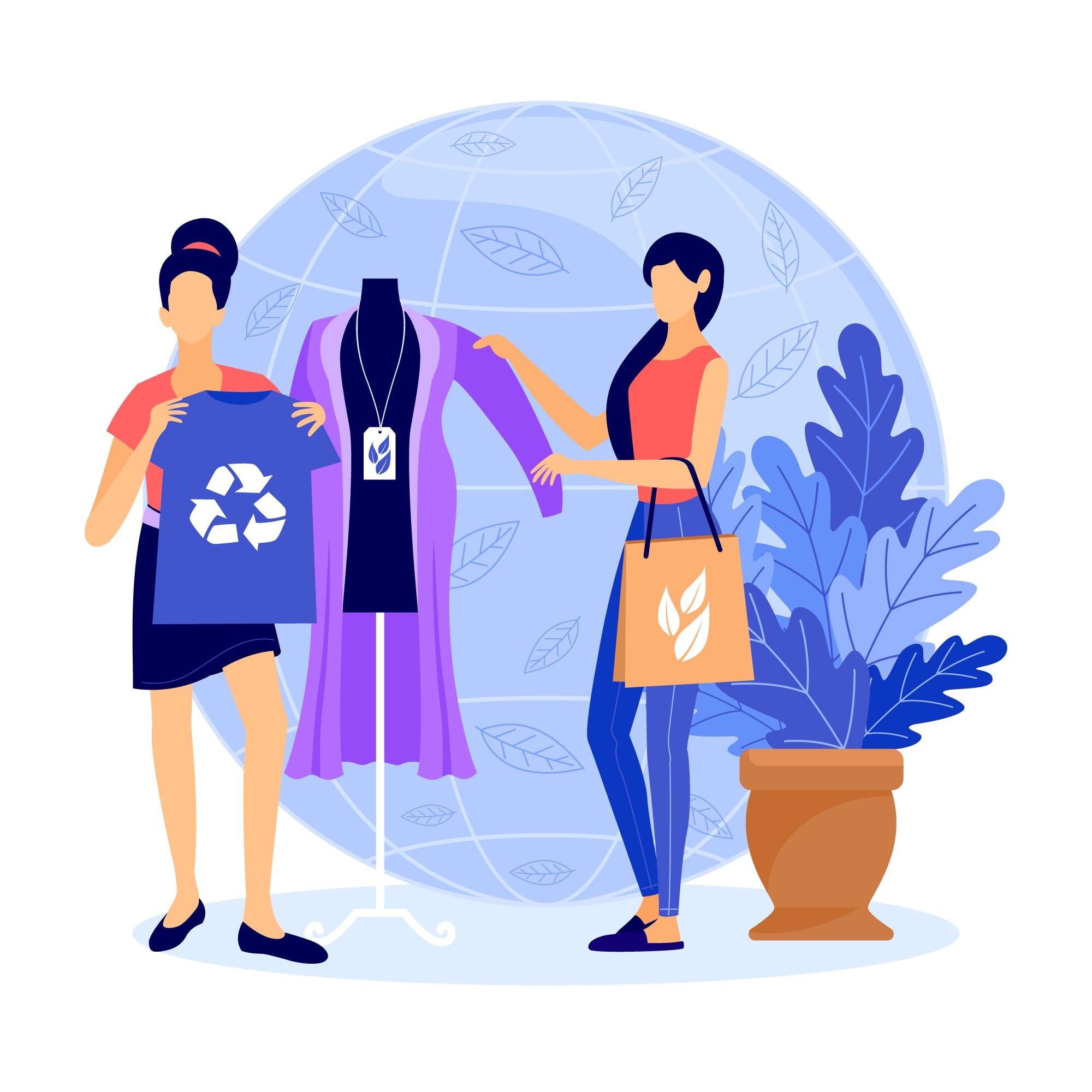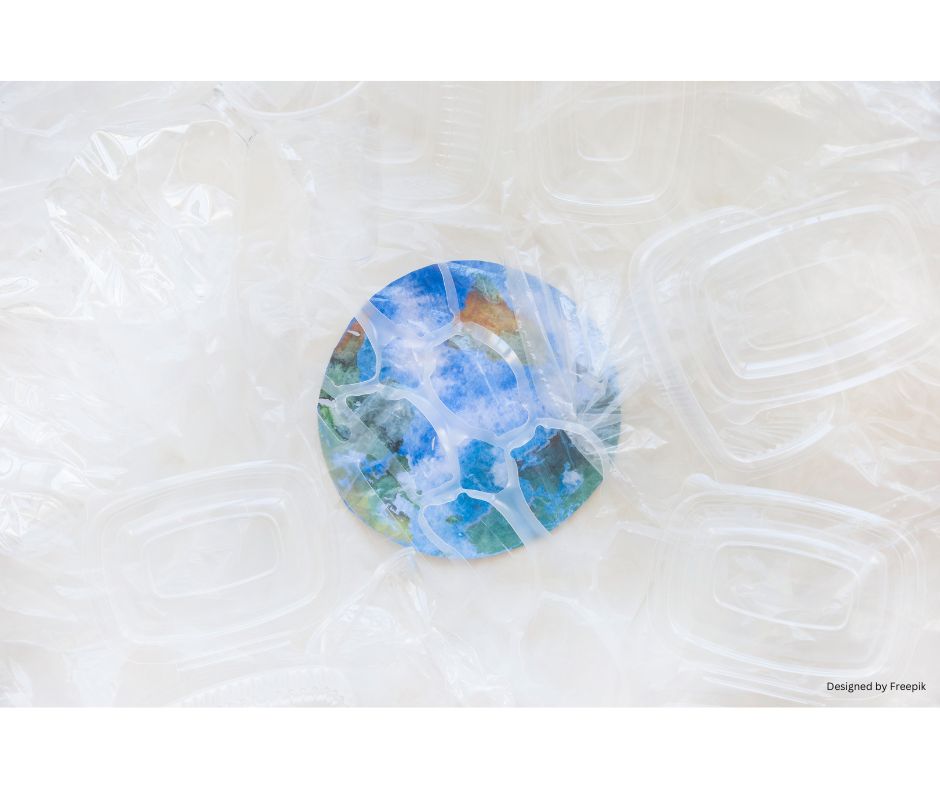Plastics have gradually infiltrated and become an inseparable part of our lives. Growing up, I remember our kitchen shelves gleaming with items made of steel, metal and glass. Once a novelty, plastics made their way into our homes in the form of bright-coloured containers, kitchenware and other items. Soon, they became much cheaper alternatives, filling more and more spaces around us. Today, they are ubiquitous, even in our bodies, through the food we eat and the water we drink.
The word, ‘Plastic’ originally meant “pliable and easily shaped”. Ironically, the plastic revolution started to protect natural resources like wood, metal, stone, and bone. Author Susan Freinkel, in her book Plastics: A Toxic Love Story,wrote, “In product after product, market after market, plastics challenged traditional materials and won, taking the place of steel in cars, paper and glass in packaging, and wood in furniture.” [1]
Over time, plastics piled up in landfills and oceans, raising environmental concerns globally. While modern lifestyles and consumerism are key drivers of plastic production and use, they also play a significant role in global economic development. Plastics brought transformation across many sectors, including medicines, travel, and consumer goods, making them more affordable and durable. For example, syringes and prosthetics in the medical field are life-saving discoveries. Plastics have made electronic items more accessible to the masses. However, overuse and mismanagement of plastics have made them from being promising to perilous.
The Plastic Consumption Landscape
Globally, plastic production and consumption have skyrocketed over the last few decades. Between 2000 and 2019, global plastics production doubled from 234 to 460 million tonnes (Mt) and is further set to reach 736 Mt in 2040, a 70% increase from 2020. This will lead to a 50 per cent increase in plastics leakage into the environment by 2040.[2]Plastics production and use vary significantly across the world. For instance, India consumes about 11 kg of plastic per capita annually, much lower than the global average of around 28 kg.[3] Yet, the implications of this consumption are profound, given India's large population, growth in consumerism and economic development. India is among the 12 countries that account for 52% of the world’s mismanaged plastic waste.[4]
Nudging change: Leveraging behavioural science for mindful consumption
While recycling has long been championed as a key solution to the plastic crisis, it is not at all enough. Despite the continuous rise in plastic production, the share of recycled plastic is projected to remain a mere 6% by 2040 (OECD, 2024). The effectiveness of recycling is limited by economic, social, and behavioural challenges. One key insight from behavioural science is the concept of “recycling bias” or “reduction neglect”.[5] Research on this bias shows that people systematically tend to overlook reducing plastic use in favour of recycling. This means that individuals feel justified in consuming more plastics when they believe it will be recycled, ultimately undermining efforts to reduce overall plastic use. Behavioural science also suggests that changing behaviours that are practical and enjoyable leads to more sustainable habits, contrary to the messaging around fear and urgency, which tends to be less effective. For instance, a gradual and practical approach to reducing plastic use could begin with something simple by committing to a plastics-free day per week. This could be easier to adopt than trying to stop plastic use immediately-which could be an unrealistic goal, allowing individuals to shift behaviour over time. In conclusion, the focus must shift beyond recycling to include mindful consumption—a conscious effort to reduce plastic use in the first place.
Small tips to make a big difference
So, what can we do at our end? Consider these small steps to adopt mindful consumption and responsible disposal practices in your daily routine:
Know your plastics: Understand which plastics are more recyclable and avoid low-value, single-use plastics. Try looking for a code of plastics indicated as a number, a triangle with three arrows.
Evaluate Necessity: Before purchasing plastic items, consider if you truly need them. Opt for alternatives when possible. Buy products with paper packaging, biodegradable disposable plates, glass or metal containers, etc.
Prioritise Reusables: Use reusable shopping bags, water bottles, and containers.
Reduce Packaging Waste: Choose products with minimal packaging and buy in bulk whenever possible.
Sort Your Waste: Always separate organic (wet) and inorganic (dry) waste and clean plastics before disposal.
Buy Less, Choose Well: Focus on purchasing fewer but higher-quality items that will last longer.
Support Sustainable Brands: Opt for products from companies committed to reducing their plastic footprint.
About the Author
Santwana Sneha is a passionate advocate for sustainability. Her insights aim to inspire practical, positive change in sustainability efforts. The views expressed in this article are her own. Please see her detailed profile here : https://www.linkedin.com/in/santwana-sneha-a167228/
Research References:
[1] Susan Freinkel, Plastics: A Toxic Love Story (New York: Henry Holt, 2011), p. 4.
[2] Organisation for Economic Co-operation and Development (OECD). (2024). Policy Scenarios for Eliminating Plastic Pollution by 2040 [online]. Available from: https://doi.org/10.1787/76400890-en [accessed October 9, 2024].
[3] Centre for Science and Environment (2019) Plastic waste in India: key facts and figures. Available at: https://cdn.cseindia.org/attachments/0.57139300_1570431848_Factsheet1.pdf (Accessed: 11 October 2024)
[4] Earth Action (2023) Plastic overshoot: Addressing plastic waste with urgency and action. Available online: https://plasticovershoot.earth/wp-content/uploads/2023/06/EA_POD_report_2023_Expanded_V3.pdf (Accessed: 11 October 2024)
[5] Rempel, M. (2022) Investigating the bias toward recycling over reduction and reuse, Behavioral Scientist. Available at: https://behavioralscientist.org/investigating-the-bias-toward-recycling-over-reduction-and-reuse/ (Accessed: 11 October 2024).

